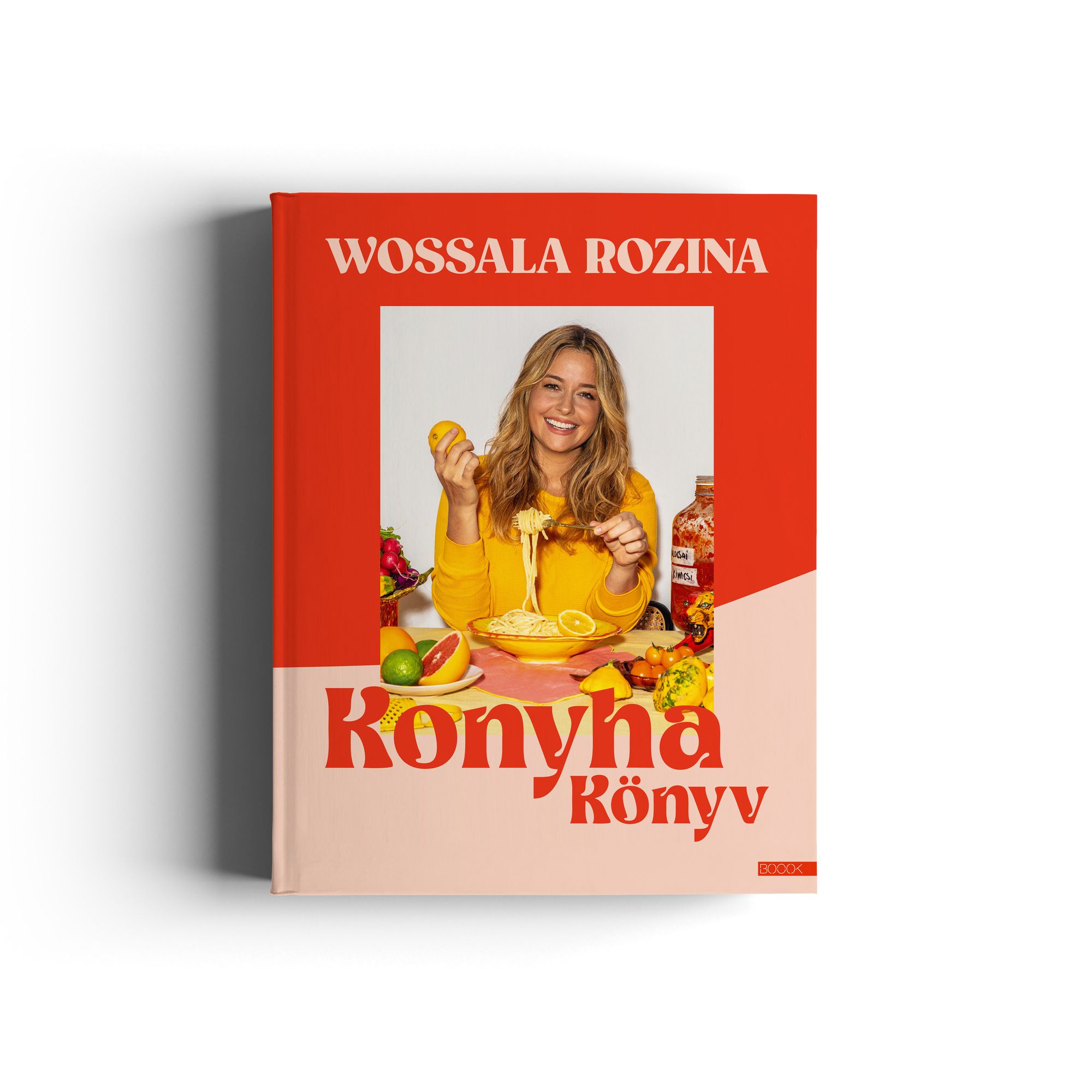Nowadays, a cookbook serves a very different function than before. With millions of recipes now available online from all over the world, there is greater value in books that dare to be different in some way. If it’s a wealth of knowledge, if it’s compelling and unique, if it’s truly value-creating—just a few of the factors that make a book have a place on the shelves of gastronomic connoisseurs. Rozina Wossala’s Konyhakönyv (Kitchen Book—the Transl.) is just that—a guide for us, a landmark for her.
Rozina Wossala’s name is well-known in gastronomic circles. Chef, TV/radio presenter, restaurant owner, influencer. She has become popular in her own right, having been a trained chef for many years before she was on the podium of the Hungarian version of the cooking show Top Chef, and from there, her career has taken off with constant learning and action. She is also a real cookbook enthusiast, with a collection of hundreds of cookbooks at home, but browsing through them, it came to her mind that she wants something different.
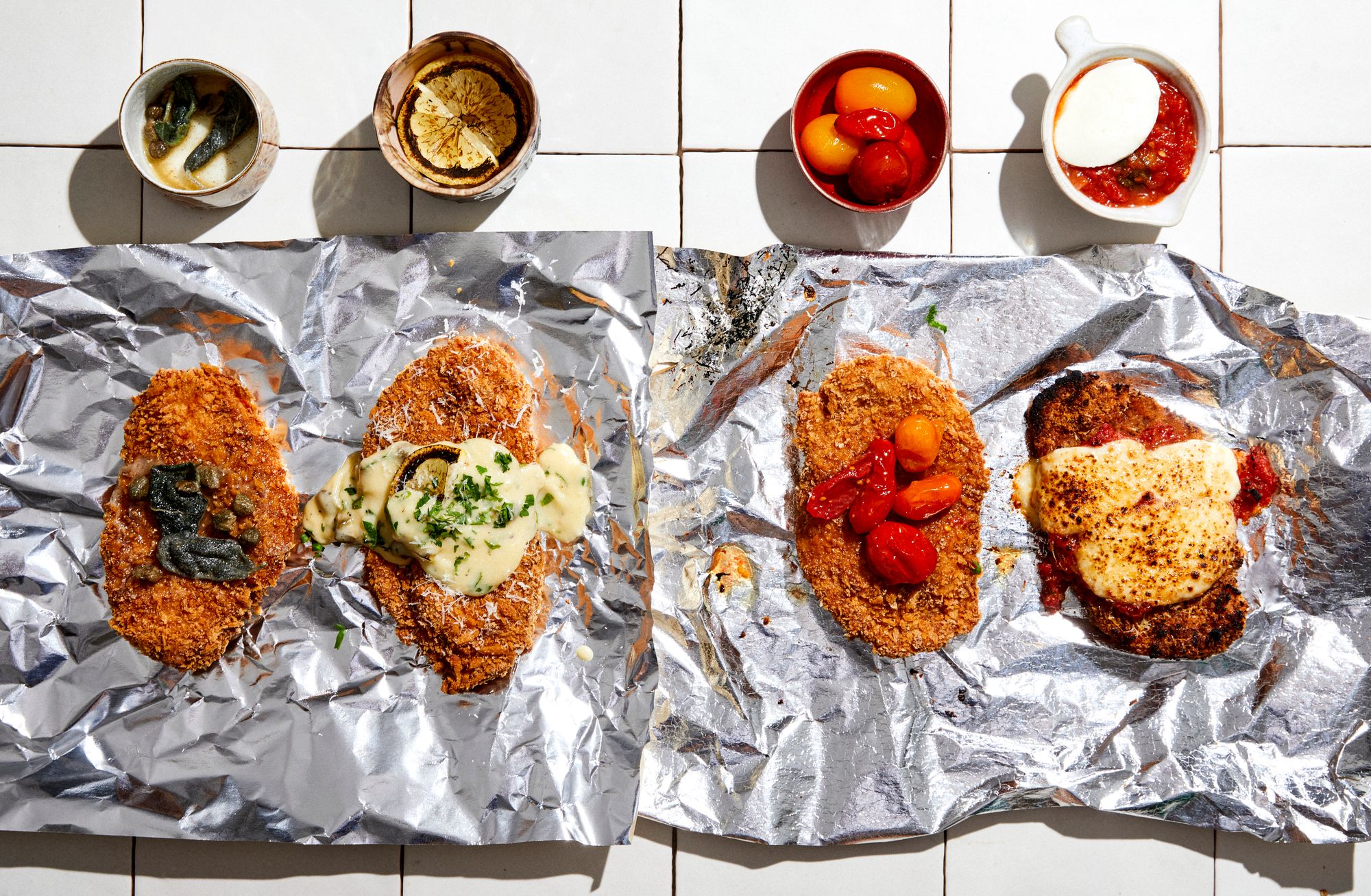
A year ago, she moved from aspiration to action, but first, she had to think about what kind of book she wanted to write, which involved a serious process of self-reflection and gastro-scene analysis. As it’s a small market, she wanted a material that was not self-serving, but not mainstream either, easy to understand, useful, and at the same time, sophisticated. Always a perfectionist, both of herself and of the genre, she didn’t want to compromise on quality, but she also didn’t want the result to be “too technical” or difficult to digest, which would alienate readers. Although she had a lot of experience, this was virgin territory and one that perhaps even she herself hadn’t anticipated. She also wondered about whether she wanted to work with a publisher or alone—in the end, she chose the former, more precisely BOOOK Publishing, because she felt she needed the support of professional staff to do the job properly. She had one condition: she wanted to bring her own people, and the company was a partner in this.
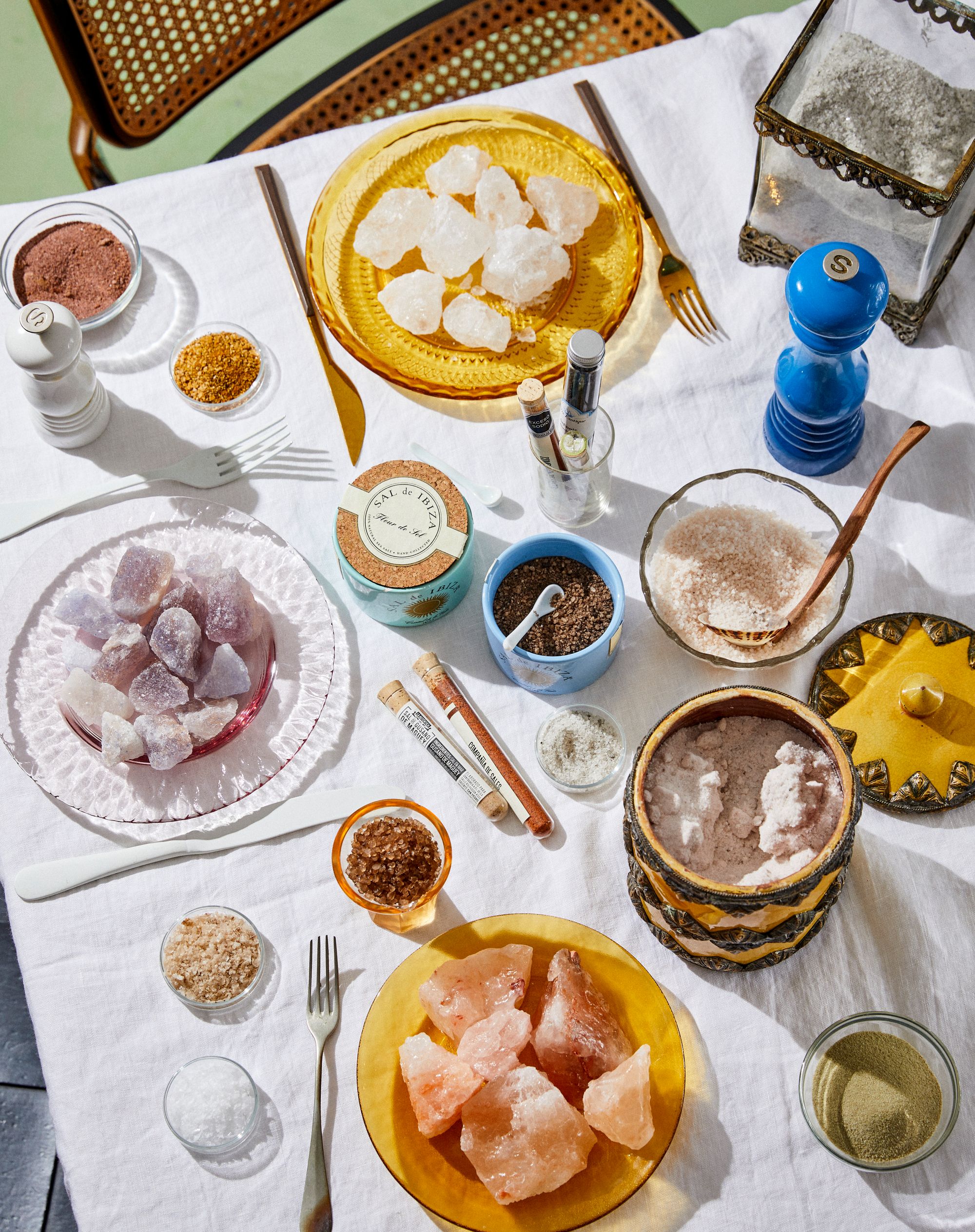
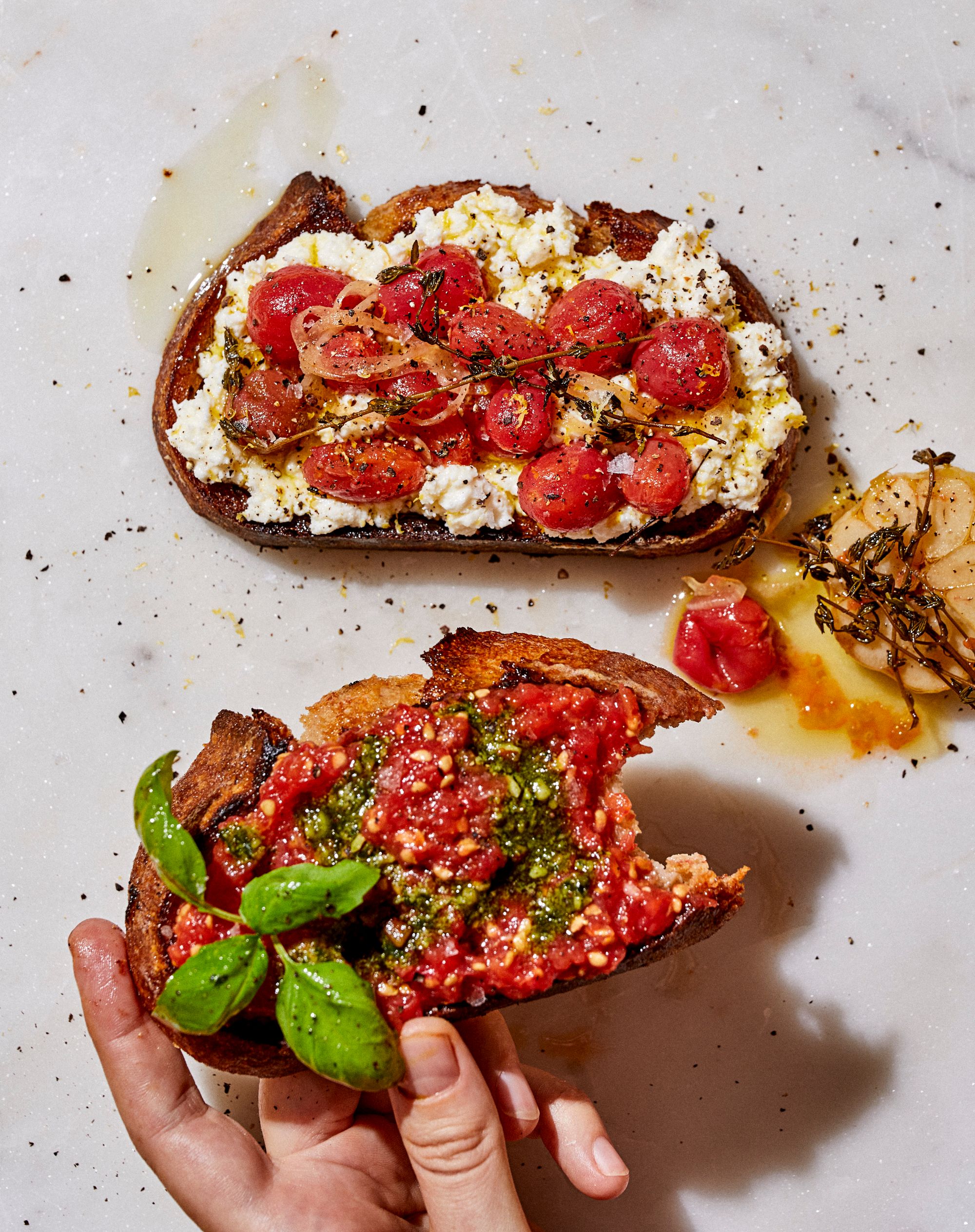
A wonderful team of the best in the business has gathered around her. Vera Vida oversaw the creative editing, Eszter Kavalecz designed the graphic elements, Áron Erdőháti and Éva Szombat were responsible for the photos, Ági László was in charge of food styling and page-setting for publishing, while Kristóf Szász assisted as sous chef. For Rozina, it was important that her assistants thought of the project as their own and could express their creativity—luckily, the chemistry worked and a very inspiring, collaborative work began. However, the task also required incredible concentration, which was quite different from what she was used to in her previous work. There, it’s often a matter of immediate action-reaction, of spontaneous adaptation, but here time passed slowly, while the details of Konyhakönyv emerged bite by bite.
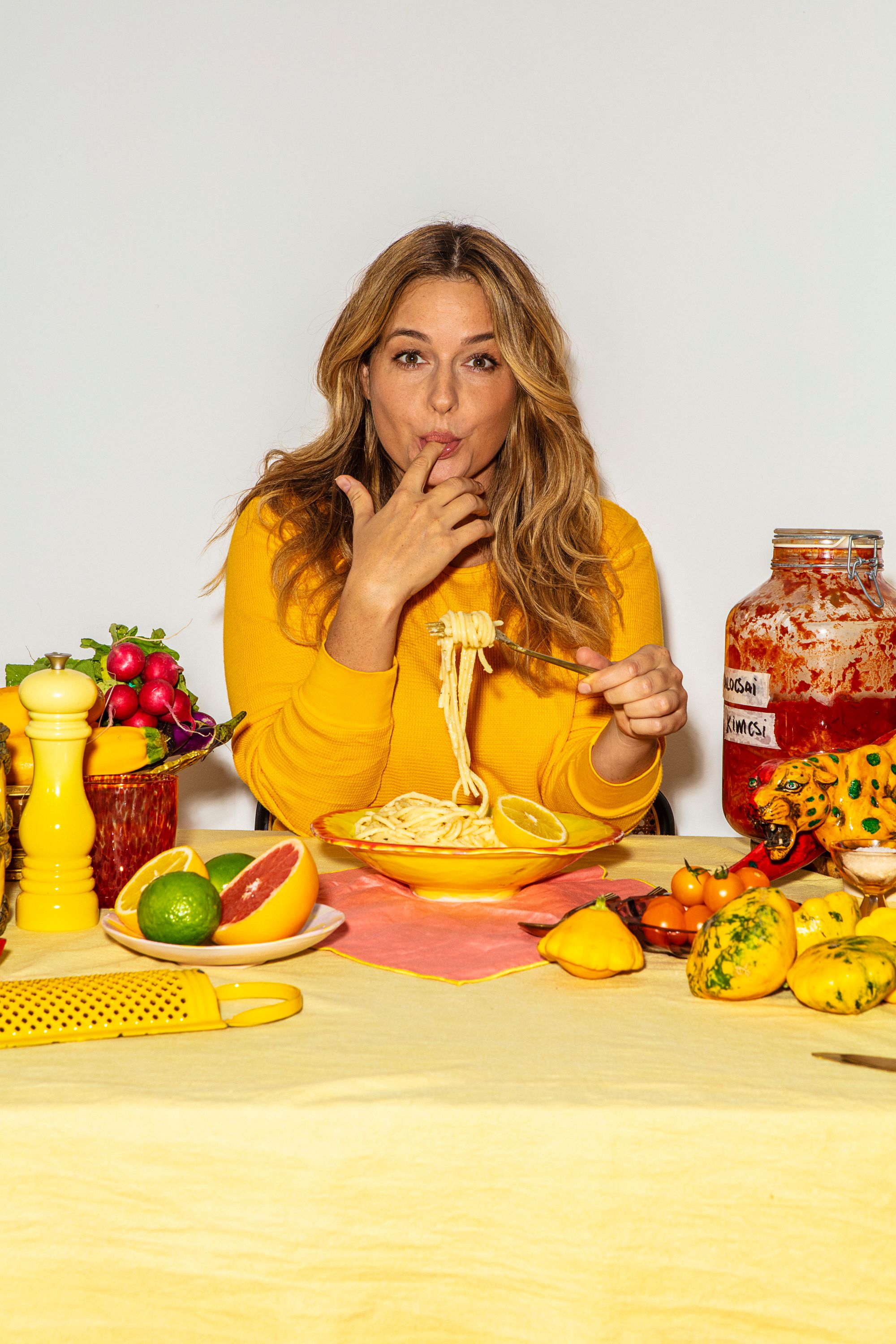
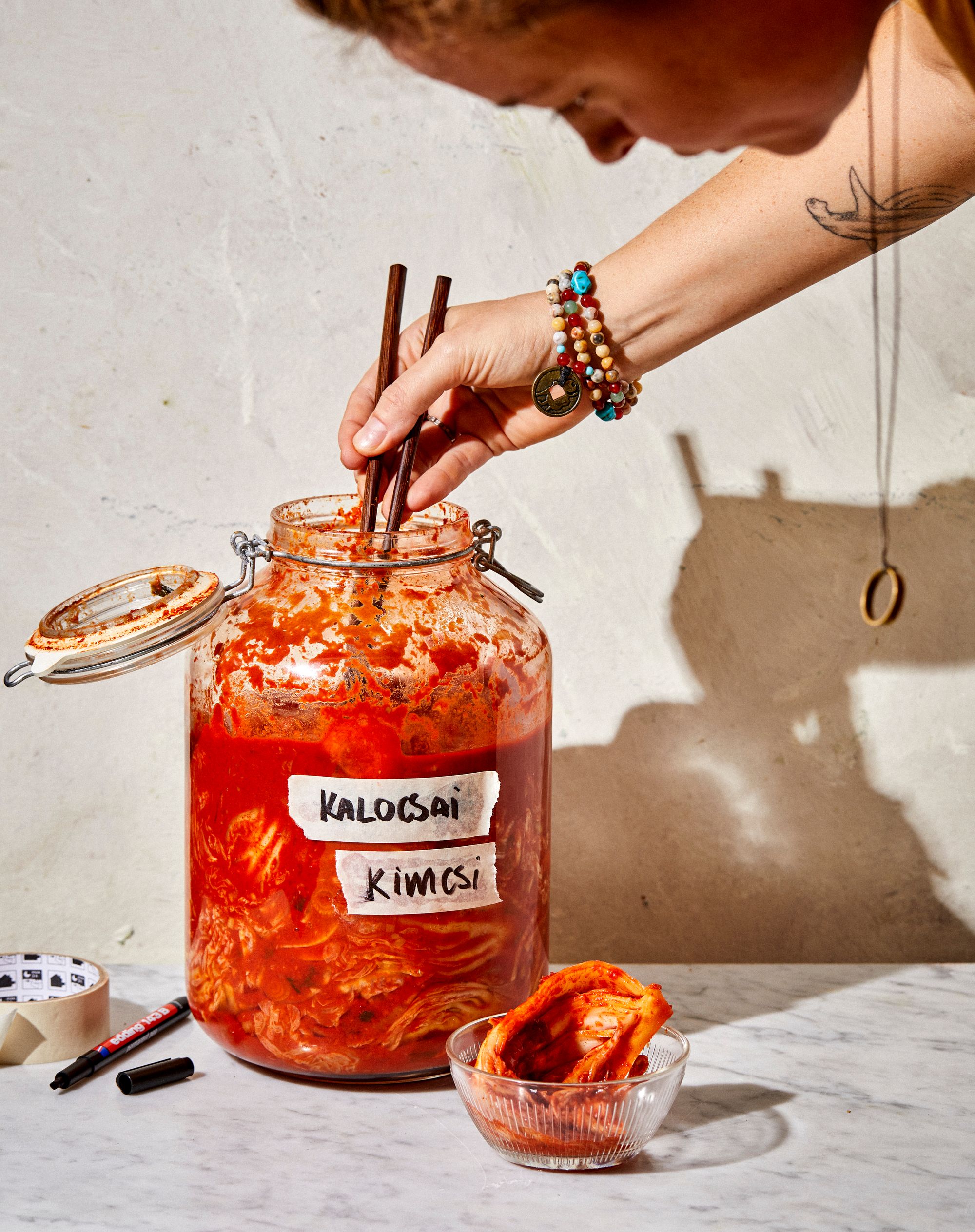
In fact, this book is a journey—not only through her life but also through her kitchen. It includes 130 recipes, but much more: it’s an art album, a diary, a storybook, a manual. It’s accessible and entertaining but also dares to be a little wild. She wanted to give something back from her career, so she wants to teach and support her readers. She shows you the secrets of good ingredients, good technology, and what’s in her fridge or cupboard. She cooks only with ingredients that are available in any shop, but teaches you how to get the most out of them. Take pasta dishes, for example—having studied cooking in Tuscany, pasta culture is her passion, but she knows it’s misunderstood in her home country, so she gives tips on how to make them healthy and exciting, too. That’s why she’s got surprises for experienced cooks and extra help for beginners in the form of short videos that can be read with a QR code.
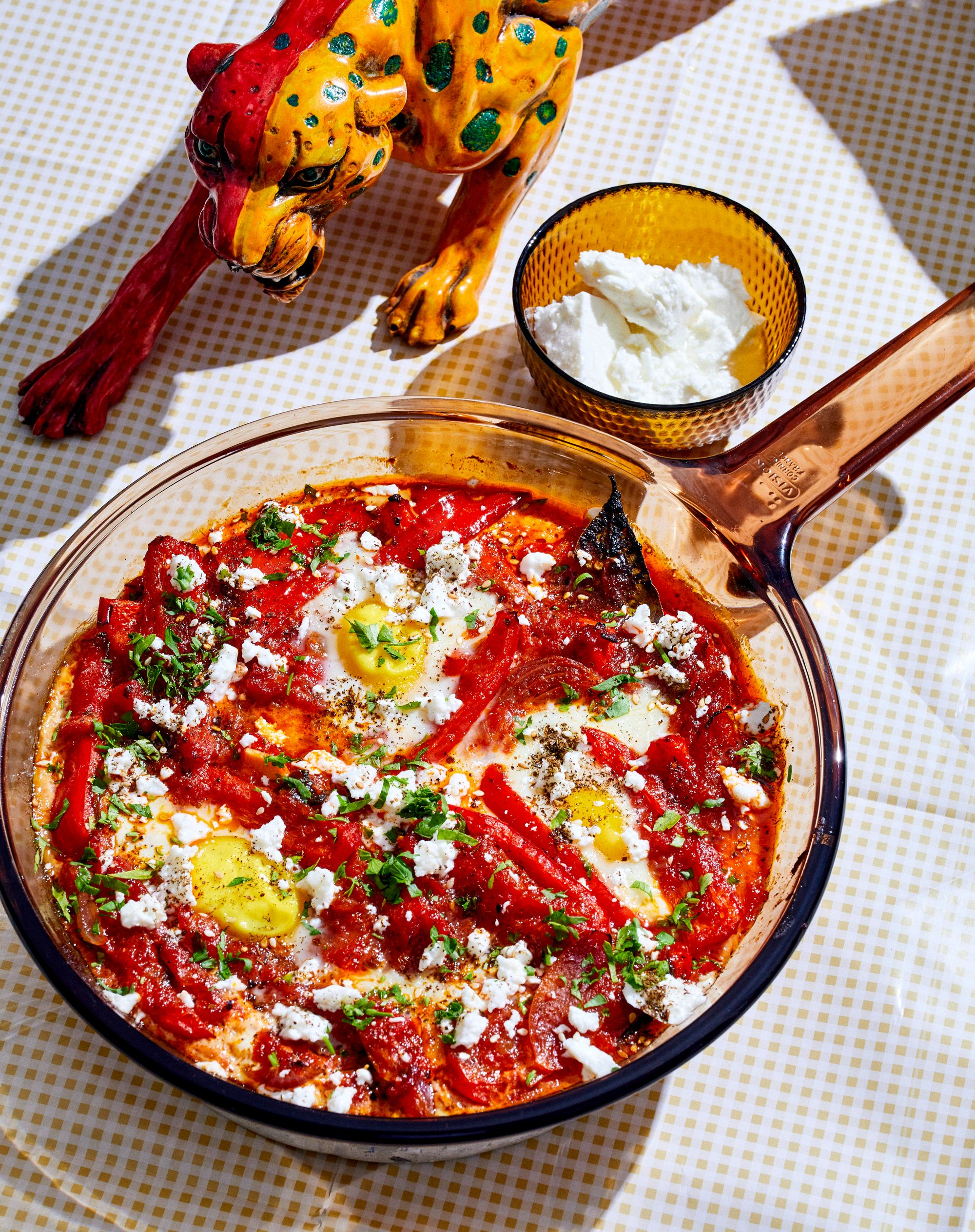
So, what’s next? Rozina is/was involved in projects in many fields, but now she feels it’s time to slow down a bit. Apart from the restaurant and filming, she’s very curious about how the book will be received, and in the meantime, she’s constantly training herself. Currently, she has a strong interest in holistic healing through food and is pursuing postgraduate studies at the Academy of Healing Nutrition in London. She also gives motivational talks at the MVÜK and helps young people in their careers, but the main idea is to give weight to what she does. To quote her in the conclusion, “I think it’s good to achieve your childhood dreams as soon as possible because then you’re freed from the burden of the goal and you realize that they’re not really all that important.”
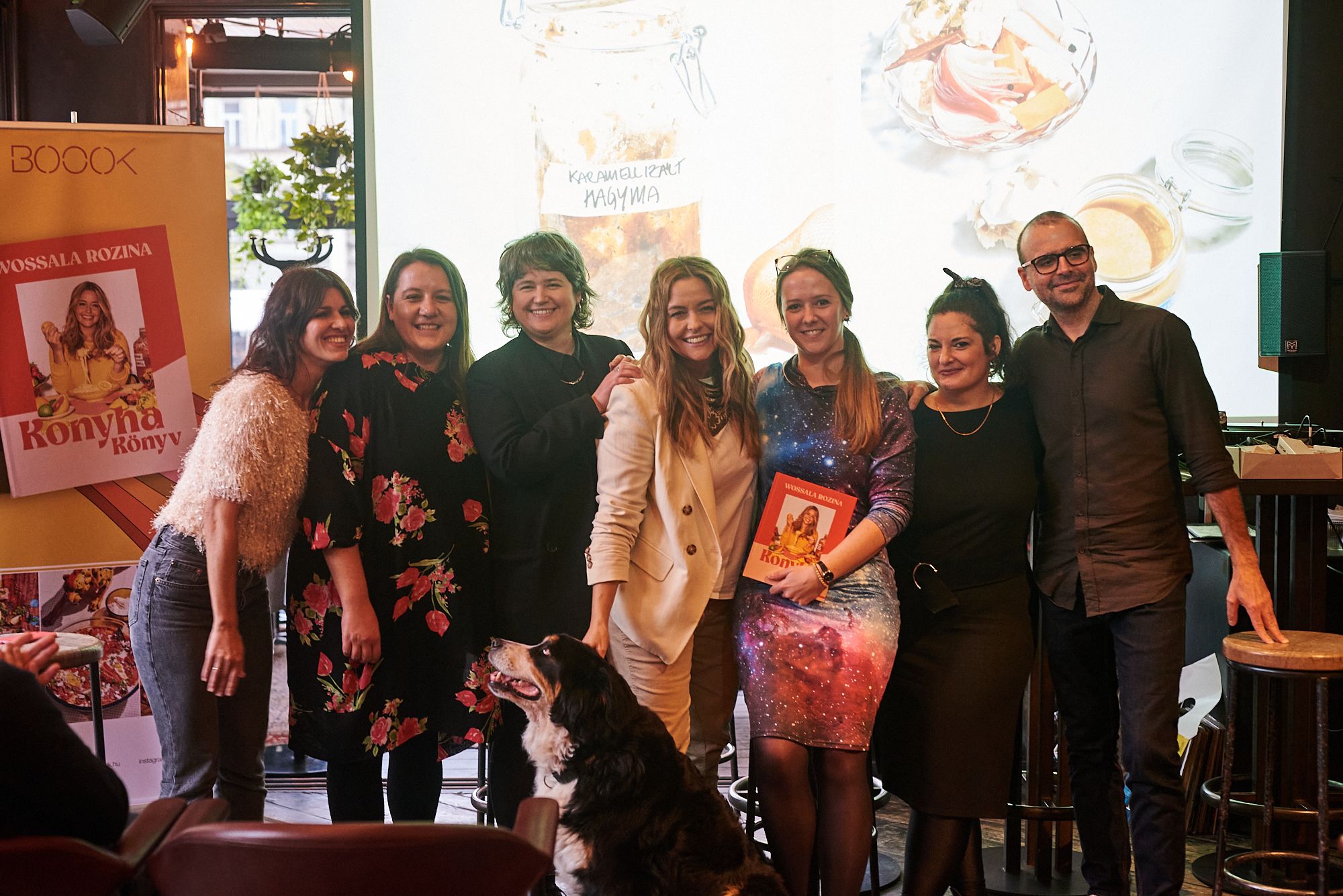
Photos: Áron Erdőháti









